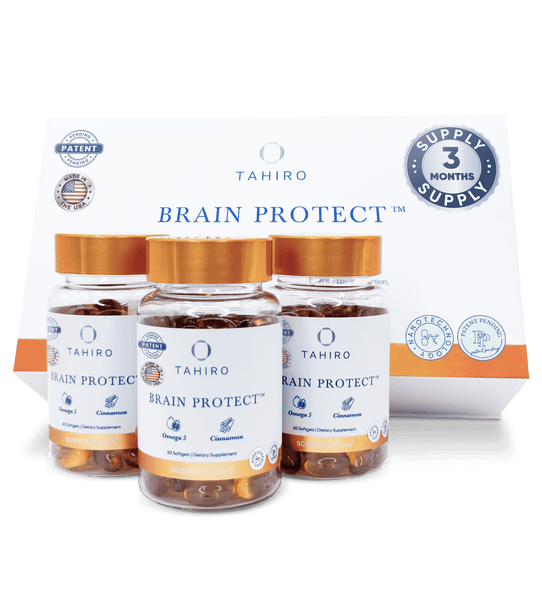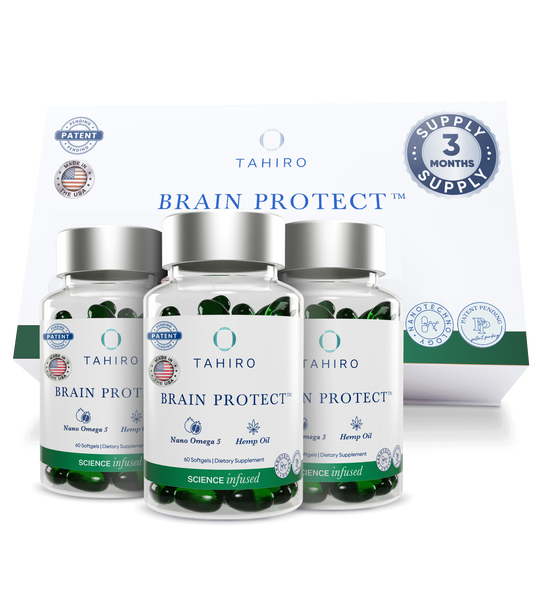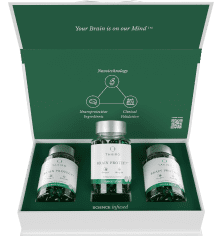Potential Protective Effects Against Alzheimer's and Cognitive Decline
Solving puzzles on a regular basis may help to maintainhealthy brain function. Some research has linked mentally stimulating activities, such as puzzles, to a decreased risk of cognitive decline and dementia[2].
How Long Does It Take To See Cognitive Benefits From Doing Puzzles
We don’t yet have long-term studies to show a timeline for how jigsaw puzzles cause changes in cognitive function. However, there is some indication that improvements can occur quickly. A study involving adults aged 50 and above asked people to engage in jigsaw puzzling on at least 30 days within the 5-week study period, for at least one hour each time. After just over one month of regularly doing jigsaw puzzles, there were some small but measurable improvements in cognitive function. It’s very possible that continued improvements would occur if people continued doing jigsaw puzzles regularly, but we don’t yet know how long it takes to reach the maximum benefit. [3].
Recommended Age to Start Playing Jigsaw Puzzles
Research has shown that people’s cognitive abilities usually stay relatively stable until around age 60, when declines start to become evident in many people. [6] However, this doesn’t mean that you should wait until this age to start doing cognitively demanding activities like jigsaw puzzles. The more you challenge your brain throughout your life, the more you strengthen your cognitive abilities. Researchers call this cognitive reserve. If you have higher cognitive reserve, then it will take longer for any cognitive decline to become apparent. You can build your cognitive reserve at any age.
Recommended Duration: There have not yet been studies comparing different lengths of time spent doing jigsaw puzzles, but durations between 30 minutes and one hour seem to produce benefits. One study indicated that spending at least 30 minutes doing cognitively demanding activities (like jigsaw puzzles), 4-5 days per week, was beneficial over the long term. [5] Another study showed benefits from doing jigsaw puzzles for one hour each time, 6 days per week. [3]
Are There Any Drawbacks?
Jigsaw puzzles are essentially a risk-free activity. There are a few potential downsides to doing jigsaw puzzles, but these are all very manageable and unlikely to become a significant problem unless a person does extreme amounts of jigsaw puzzling.
-
Limited Physical Activity - Doing a jigsaw puzzle is a sedentary activity. Being physically active is essential for both physical and cognitive health, and spending a lot of time doing jigsaw puzzles could potentially cause a person to be less physically active. [7]
-
Potential for Frustration - Challenging puzzles can lead to frustration or stress, particularly if individuals set unrealistic expectations (such as doing very large puzzles with tiny pieces) or lack patience. [4] If a person finds jigsaw puzzles frustrating rather than enjoyable, the negative effect on their mood could cancel out any benefits.
-
Time-Consuming Nature - Jigsaw puzzles can be time-consuming, potentially detracting from other productive activities if not managed appropriately [5]. It’s important for older adults to lead a balanced lifestyle to ensure that all of their needs are met. Instead of doing puzzles alone, doing jigsaw puzzles along with friends or family members can provide socialization along with cognitive benefits.
Boost Your Brain Health Beyond Puzzles – Support It with Tahiro
Jigsaw puzzles challenge the mind, but true cognitive health requires more than mental exercises. Tahiro Brain Protect™ is scientifically formulated to nourish and protect brain cells, offering targeted support for memory, focus, and long-term cognitive resilience.
At the core of Brain Protect™ is Nano Omega-5 from pomegranate seed oil, a potent antioxidant that helps reduce oxidative stress and inflammation, both of which are primary contributors to brain aging and cognitive decline. Research has shown that chronic oxidative stress accelerates neurodegeneration, making antioxidant protection crucial for brain longevity.
Additionally, Cinnamon Extract is included for its neuroprotective properties. Compounds found in cinnamon have been studied for their role in enhancing cognitive processing, improving memory, and supporting healthy blood circulation to the brain. These benefits contribute to stronger neuronal connections and improved mental clarity.
By combining multiple clinically researched ingredients, Tahiro Brain Protect™ provides holistic brain support, filling in the gaps where puzzles and mental exercises alone are not enough. Stay sharp, focused, and proactive in protecting your cognitive health with the right nutrients.






